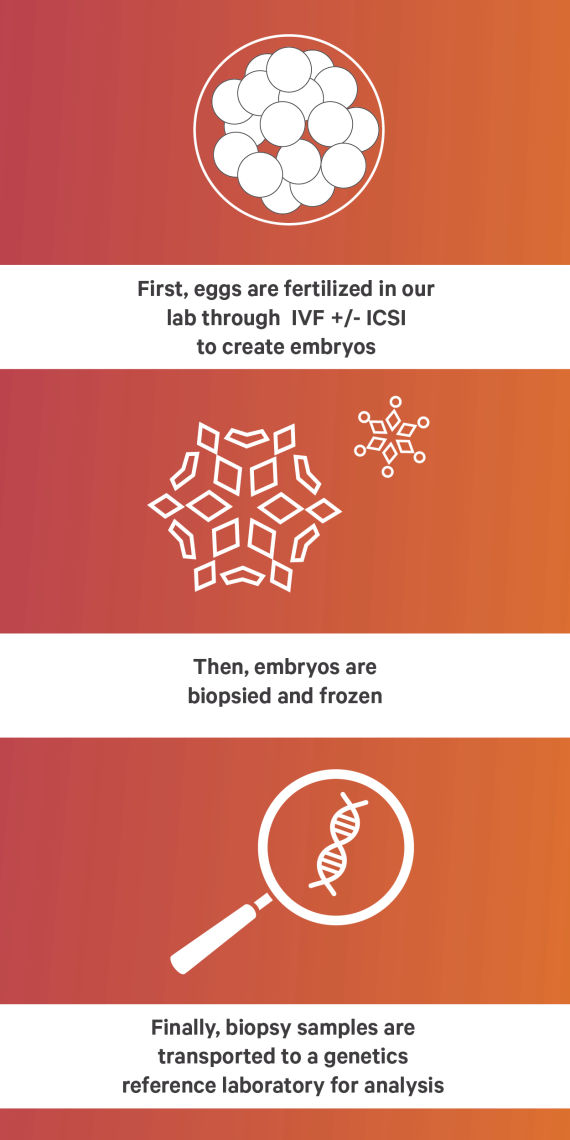

innovative enhancements
genetic testing
About the Author
 DR. MICHAEL HARTMAN
M.D., FRCSC, GREI
DR. MICHAEL HARTMAN
M.D., FRCSC, GREI

Dr. Hartman is a reproductive endocrinologist with Generation Fertility. He graduated from the Faculty of Medicine at McMaster University, and became a Fellow of the Royal College of Physicians and Surgeons of Canada in Obstetrics and Gynecology following his residency at Memorial University of Newfoundland. He completed his Fellowship in Gynecologic Reproductive Endocrinology and Infertility at McGill University.
Dr. Hartman is the recipient of numerous research awards and recognitions including the Governor General’s Academic Medal and the CFAS Resident Award in 2011.
See Full Bio




